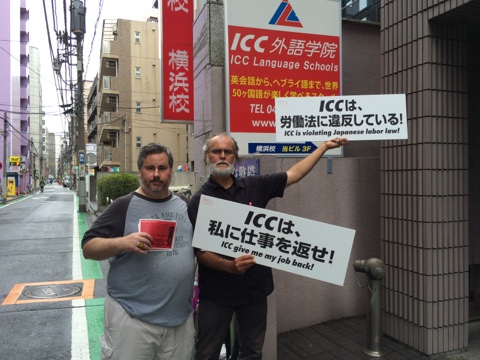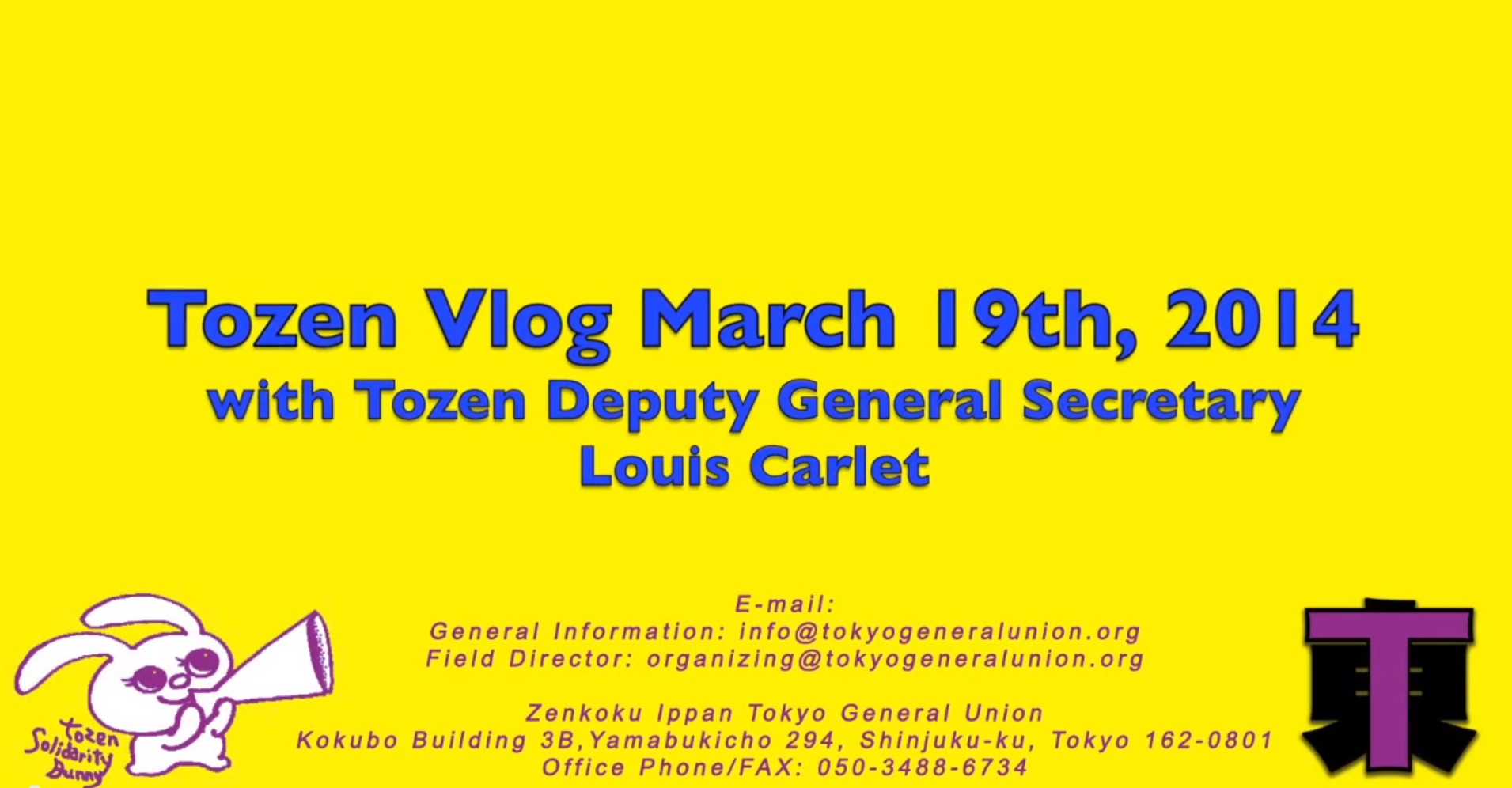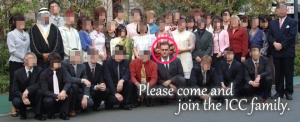An open letter to the management of Interac (as well as Maxceed and Selnate)
November 5th, 2009
To whom it may concern (including Kevin Salthouse and Denis Cusack),
I am an executive of the ALT branch of Tokyo Nambu’s Foreign Workers Caucus. I worked for Interac from September of 2005 until February 2008, under the Osaka branch.
I am writing to clear up some misconceptions about health insurance in Japan that were evident in a couple of PDFs that were circulated from management at the beginning of October 2009.
The two PDFs in question are the “FAQ – Insurance System in Japan” and the one titled “Social Insurance Letter” dated October 1st, 2009. In these PDFs, you tell your ALTs that they are not eligible for Shakai Hoken if they work less than 29.5 hours.
This is not true.
You also tell them that the only alternative is to sign up for Kokumin Kenko Hoken and that they may have to pay up to two years of back enrollment.
The problem is that, since they are eligible for Shakai Hoken, it is the company that will have to pay the back enrollment (up to two years) into Shakai Hoken, after which the employee can be billed for their half of enrollment fees.
Let me give you some background information on how I know this.
Read more





